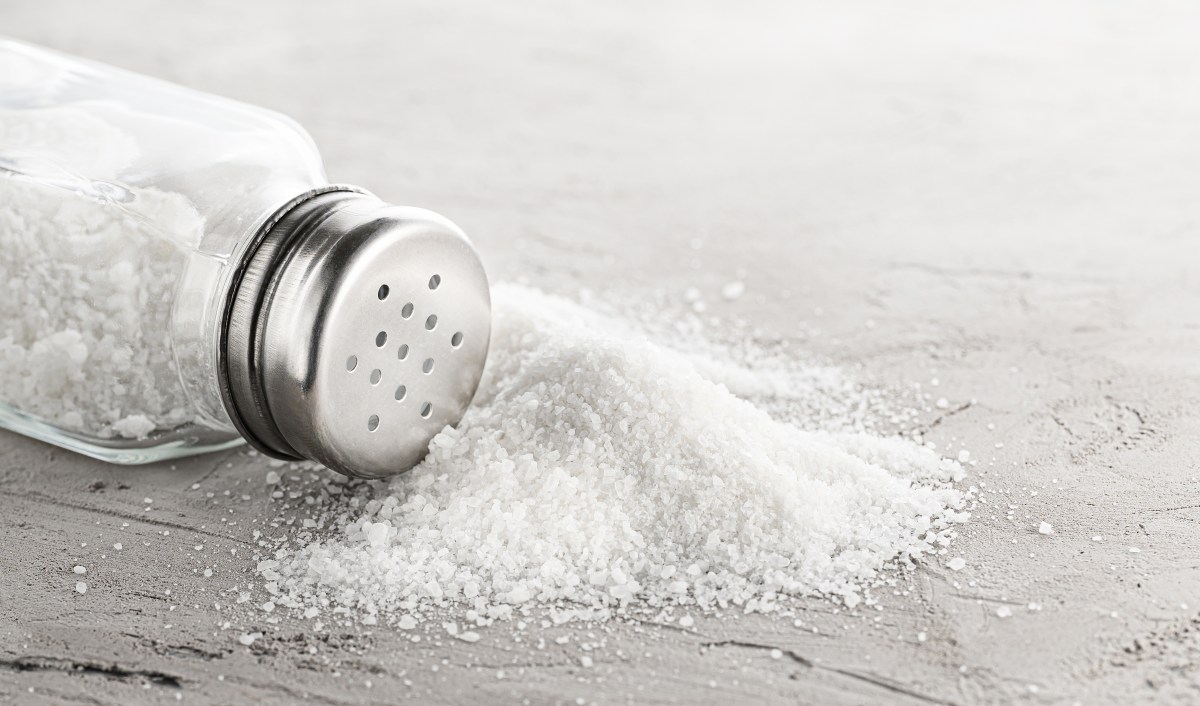Written by Maria Jesus Ribas.
Why does passionate love turn into a lack of interest? Why do we get what we want and get bored when we get it? For what reason do we live connected to social networks? What makes some people strong liberals and others ultra-conservatives? How do we maintain hope in dark times?
The answer to these and other perplexing questions lies in dopamine, a chemical in our brain, says Dr. Daniel Z. The molecule that defines every aspect of human nature,” as outlined.
Lieberman (www.danielzlieberman.com) is Professor and Vice Chair of the Department of Psychiatry and Behavioral Sciences at George Washington University (Washington, DC, USA) and a Distinguished Fellow of the American Psychiatric Association.
For neuroscientist David Eagleman of Stanford University (California, USA) “dopamine is the molecule that dominates the world,” often affecting countless aspects of humankind, from pleasure, ecstasy and love to addiction, madness and creativity.
Lieberman agrees with Eagleman, adding that dopamine “motivates us to improve ourselves, and influences our behavior in love, work, politics, or religion.”
He explains that researcher Kathleen Montagu, of Ronwell Hospital near London, discovered dopamine in the brain in 1957. He found that only 0.0005% of brain cells secrete this neurotransmitter, which he called “pleasure” as a result of the first investigations that were carried out.
But it was later discovered that dopamine provides a more intense sensation than pleasure.
The chemistry of the “world above”.
“Their knowledge is the key to explaining, and even predicting, behavior in a remarkable array of human activities: creating art, literature, and music; seeking success; discovering new worlds and new laws of nature; thinking about God..and being realistic in love,” says Lieberman.
“Dopamine is the substance that allowed our ancestors to survive. Today, it is responsible for our behaviour, addictions and human progress. He points out that the ‘desire’ molecule controls our impulses and which always encourages us to look for new stimuli.”
“It’s also why an aspiring CEO or worker sacrifices everything in order to achieve success; that a husband or wife risks everything to be deceived by someone else or that actors, businessmen, and artists keep working long after getting all the money and fame they dreamed of.”
She added that “the source of desire is what drives scientists to find explanations and philosophers to find order, reason and the meaning of things.”
This brain substance helps us interact “in the world above,” according to Lieberman, who adds that when “we look up we see the ceiling, the pictures on the wall, the trees, the houses, the buildings, the clouds in the sky through the window. Some coordinated effort.”
When you pay attention to the ‘world above,’ the brain is bolstered by various chemicals, allowing you to go beyond the world at your fingertips and which also motivates you to pursue the world beyond your reach, says Lieberman.
Dopamine is simple in its form (carbon, hydrogen, oxygen and a nitrogen atom) “but complex in outcome, because it tells us the history of human behavior,” he describes.
“This ‘unique’ molecule prompts you to seek distant, physical and invisible things, such as knowledge, love, and power,” according to Lieberman.
“Whether it’s reaching for a salt shaker on a table, traveling to the moon in a spacecraft or worshiping a deity beyond space and time, this chemical allows us to master all distances, both geographical and intellectual,” Goal.
The chemical called “upstairs” makes you want what you don’t yet have and urges you to look for new things. He rewards you when you obey him and makes you suffer if you don’t.”
The source of creativity…and madness.
It is the source of creativity but also the source of madness; It is the key to addiction and the path to recovery. It is the fuel for our dreams and the source of our despair when we fail.”
Adding that this molecule in the brain “is a polyvalent mechanism, which urges us, through thousands of neurochemical processes, to let go of the pleasure of mere existence and explore the world of possibilities that come when we imagine them.”
“Dopamine is the source of desire (through the desire circuit); firmness (through the circuit of control); from passion that charts the way and willpower that takes us there,” says this psychiatrist.
Dopamine gives us the ability to be creative. It allows us to imagine the unreal and connect with some seemingly unrelated things. It allows us to build mental models of the world beyond physical description and sensory impressions to discover the deep meaning of what we experience,” according to Lieberman.
Although he realizes that sometimes having high levels of dopamine can act as a hindrance. “Both mental disorders and genius, the worst and the best that the brain can do, depend on dopamine. Madness and genius are closely related to each other because of their basic chemical connection.”
Based on the available evidence, Lieberman is of the opinion that many brilliant artists, scientists and leaders (Newton, Beethoven, Darwin…) had high levels of dopamine which contributed to their genius, but also to their social problems, psychotic disorders and mental disorders.
The systems of creative geniuses associated with excessive dopamine activity put them at risk of developing mental disorders. The presence of high levels is another drawback, because they block the action of other neurotransmitters (brain chemicals), which Lieberman calls the “here and now.”
“Unlike dopamine, which helps us deal with the ‘world above’, the ‘here-and-now’ neurotransmitters help us interact and relate to the ‘world below’,” says the expert.
The World Below is full of stuff. It is made up of the things at our fingertips, that we can now control, that we can touch, move and manipulate, and that we own. The things that give us satisfaction and make us enjoy what we have in this particular time and place,” he explains.
“That’s why bright people tend not to be good at human relationships. They often lack empathy from the here and now to understanding what’s going on in other people’s minds, a key skill for social interaction,” he stresses.

“Proud web fanatic. Subtly charming twitter geek. Reader. Internet trailblazer. Music buff.”







More Stories
The final moments of the “Halloween Comet” were captured by the SOHO spacecraft
University of Michigan scientists have discovered what’s inside a black hole
NASA shares the scariest images of the sun in the lead-up to Halloween